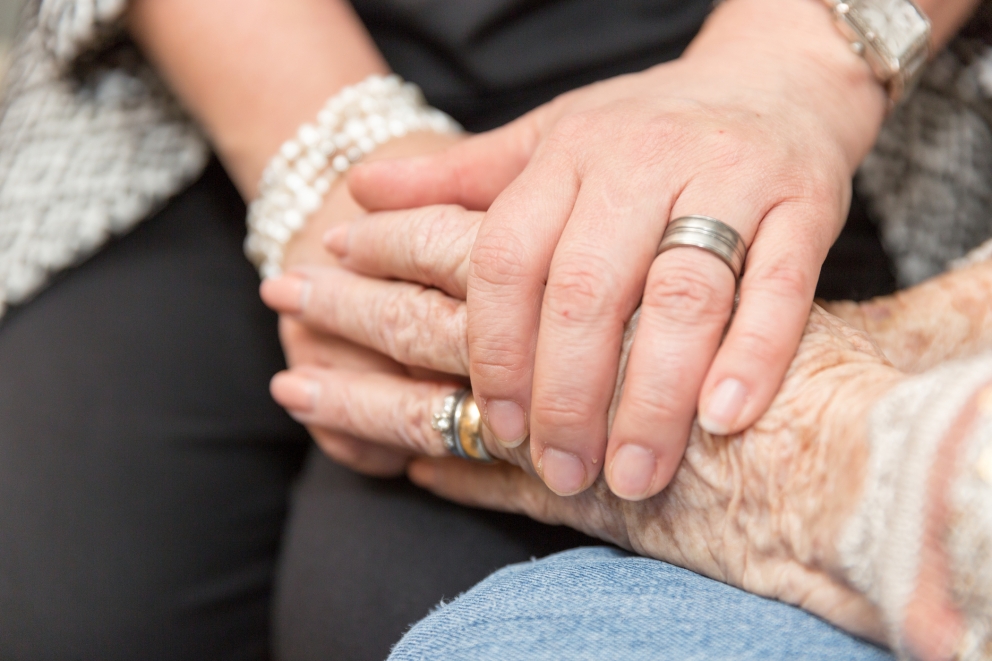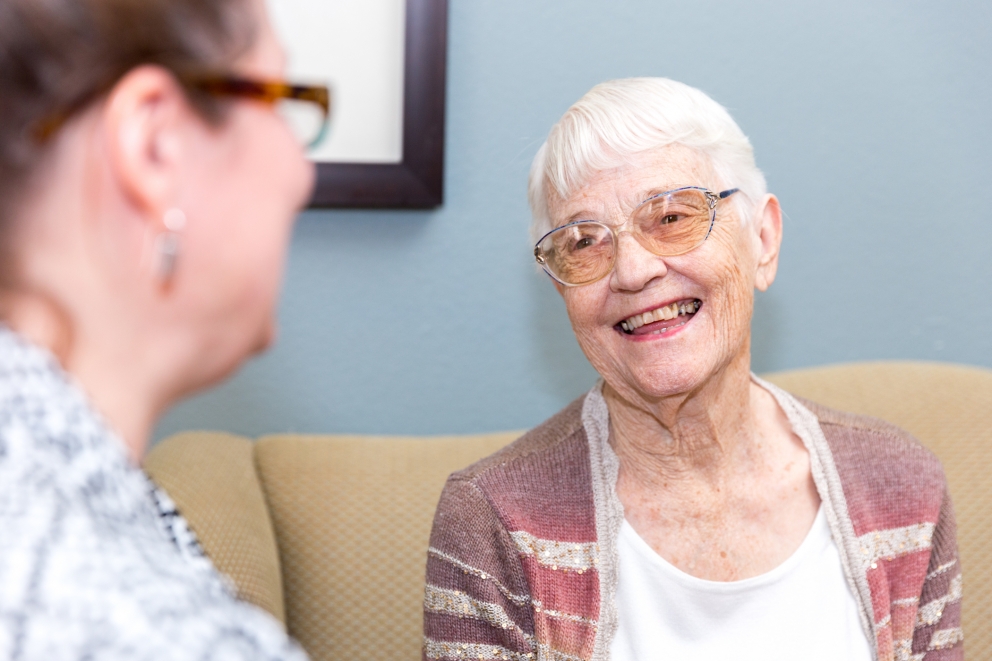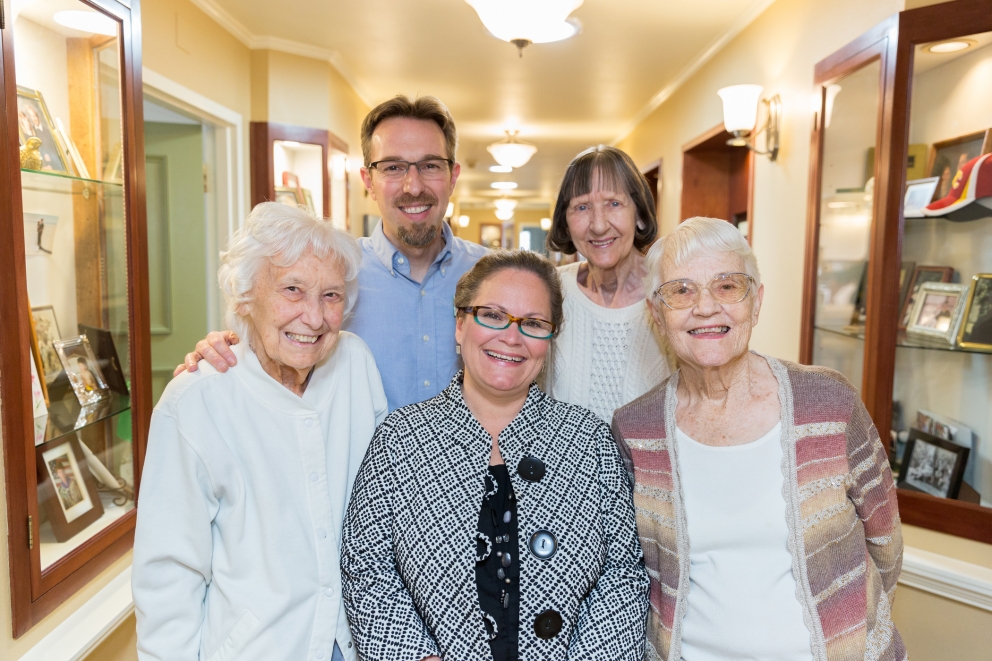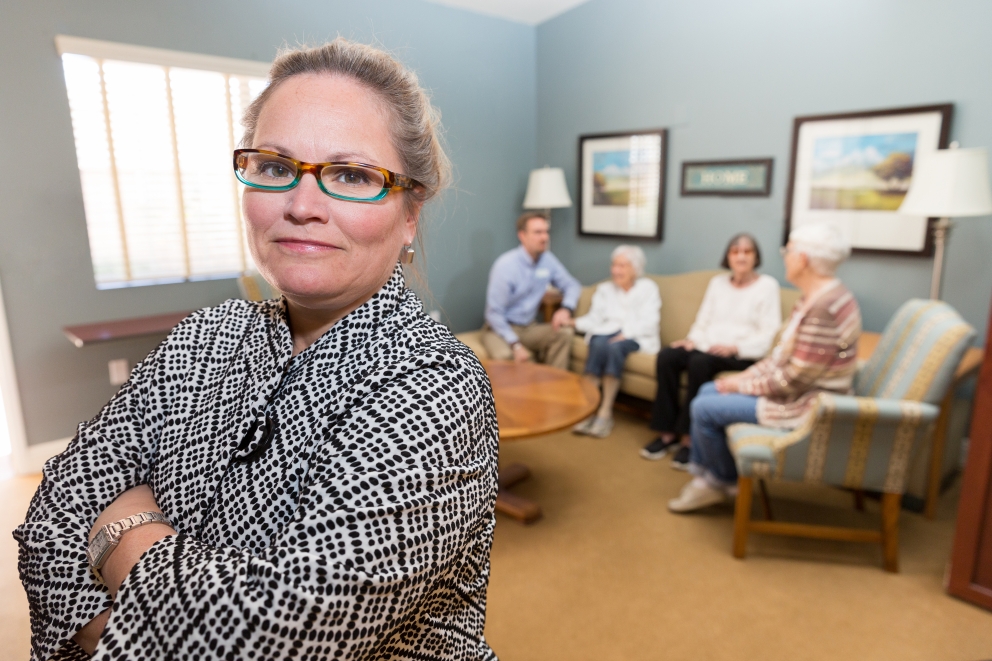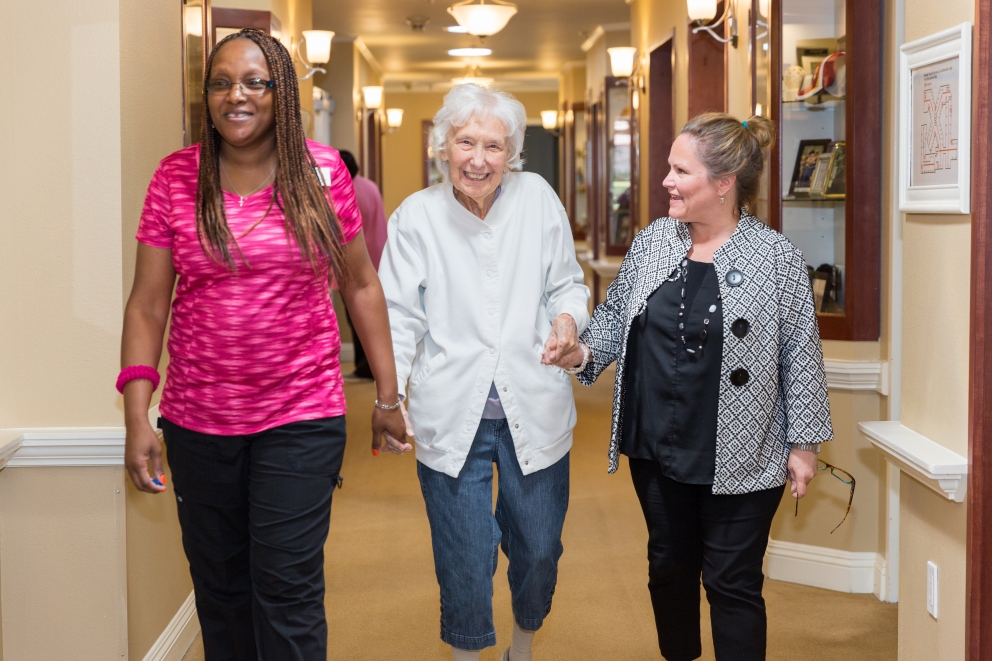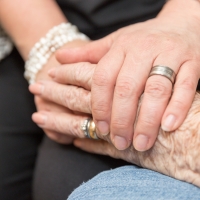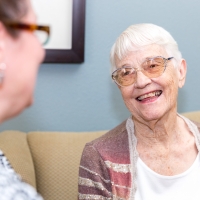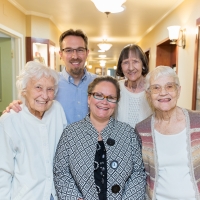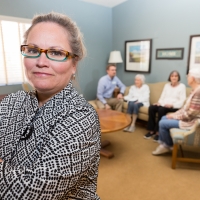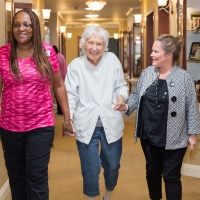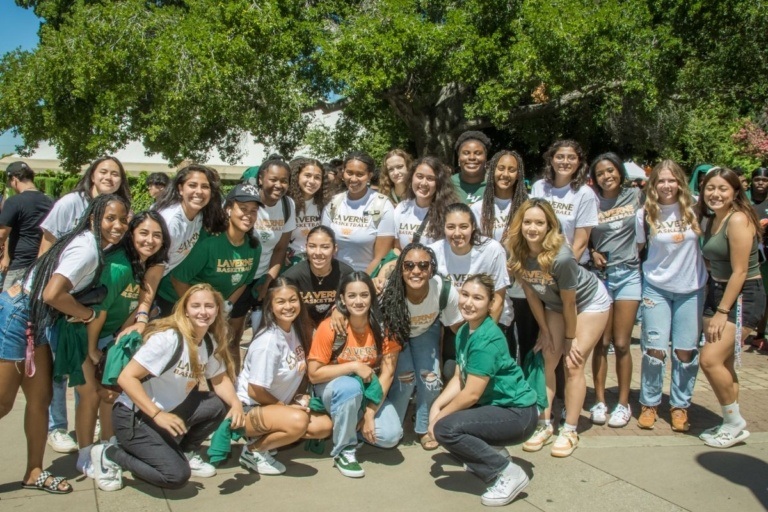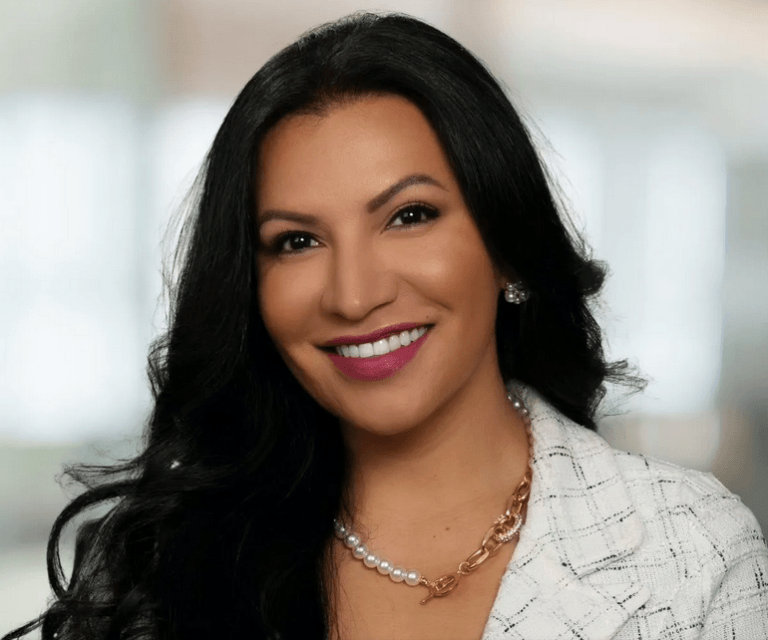La Verne’s New Face of Gerontology
Dr. Kelly Niles-Yokum grew up in the world of gerontology.
Her mother, who has a Ph.D in the field, brought her to conferences when she was growing up, and she got to know her mother’s research subjects.
But she did not see herself following the same path. Not at first, at least.
“I went on to get a psych undergraduate degree and didn’t think I was interested,” Niles-Yokum said.
As her academic career continued, friends encouraged her to return to gerontology and she realized it was her passion all along. She obtained a Ph.D in the field at University of Maryland Baltimore County and now serves as director for University of La Verne’s Master of Science in Gerontology program.
Niles-Yokum is hoping to introduce more students to the field through a Gerontology Career Fair on April 6 from 4 to 6 p.m. at University of La Verne’s Campus Center. It is open to students who want to learn more about the field, or would like to pursue internships and jobs in gerontology.
Gerontology is the study of aging and older adults. Gerontologists include professionals who develop policies and programs affecting the elderly, or work as administrators in long-term care settings. Because the field is multidisciplinary, gerontologists may also be researchers who study mental, physical and social changes in people as they grow older and the impact on society.
With the support of University administrators and colleagues in the College of Business and Public Management, Niles-Yokum has revamped the entire curriculum to align with current needs in the field including approved competencies and incorporated community engagement into the classes.
She has instituted new courses including “Perspectives in Aging,” a class that provides a comprehensive view of the field for students whose undergraduate majors did not encompass “social gerontology,” she said. Social gerontology is a focus within the field that concerns the social aspect of aging.
“Caregiving in the Aging Family” is another new course where students interview a cross-section of caregivers including people who provide care full time, or split their time between a job and caregiving, to understand their different experiences.
She combined some existing courses into other courses, such as “Nutrition and Aging,” which she felt was not necessary as a standalone course. The topic is now incorporated into the “Health in Later Years” class.
Niles-Yokum also considered community engagement to be a critical piece to make the program successful.
“In every class, students are involved in the community in some way,” she said.
Gerontology students spend time and are “partnered” with residents living with dementia at Hillcrest Homes’ Southwoods Lodge to learn the importance of providing social, psychological and emotional connections with them. It provides them an opportunity to alleviate feelings of isolation, boredom and loneliness. It is important because residents can become lost in a task-oriented routine, and having someone to spend time with them helps. But it can be challenging for students to simply be present and listen to their “partners,” rather than revolve a visit around an activity. Students also find it difficult not becoming emotionally attached.
“They were struggling with how to find closure,” Niles-Yokum said. “They were nervous about leaving their partner during the (winter) break because a lot can happen with the illness in a short time.”
Rosemary Barnes ’15, who earned a Masters in Gerontology and is pursuing a doctorate to one day work in government policy and research, said she appreciated how the program utilized a theory-to-practice approach. With the aging baby boomer population, it is a field that is in high demand.
“I really do think that people with this type of background in gerontology will be in great need and also will be very beneficial for the future in our aging population,” Barnes said.
Niles-Yokum’s work to put gerontology on the map at La Verne extended beyond the classroom last year when she helped establish Sigma Phi Omega, an academic and professional honors society in the field. The group meets three times a year to raise funds for organizations that help aging populations, and to conduct collaborative research.
Her contributions to gerontology earned Niles-Yokum the title of fellow of the Association for Gerontology in Higher Education in December, the highest honor a member can receive from the organization.
Between that development and La Verne’s revamped program, Niles-Yokum calls it an exciting time for gerontology.
“It’s been a validating moment for me as a professor,” she said.
